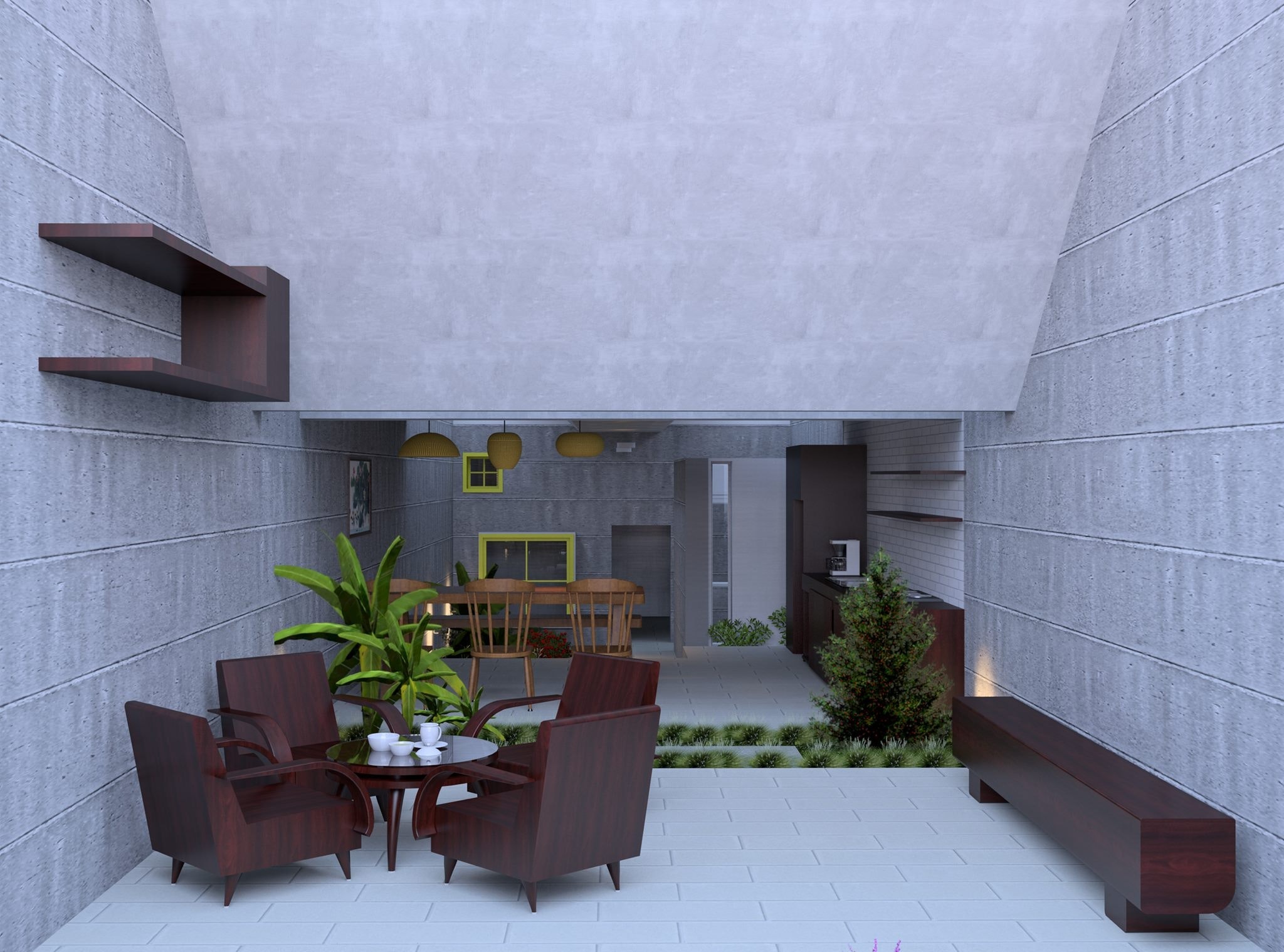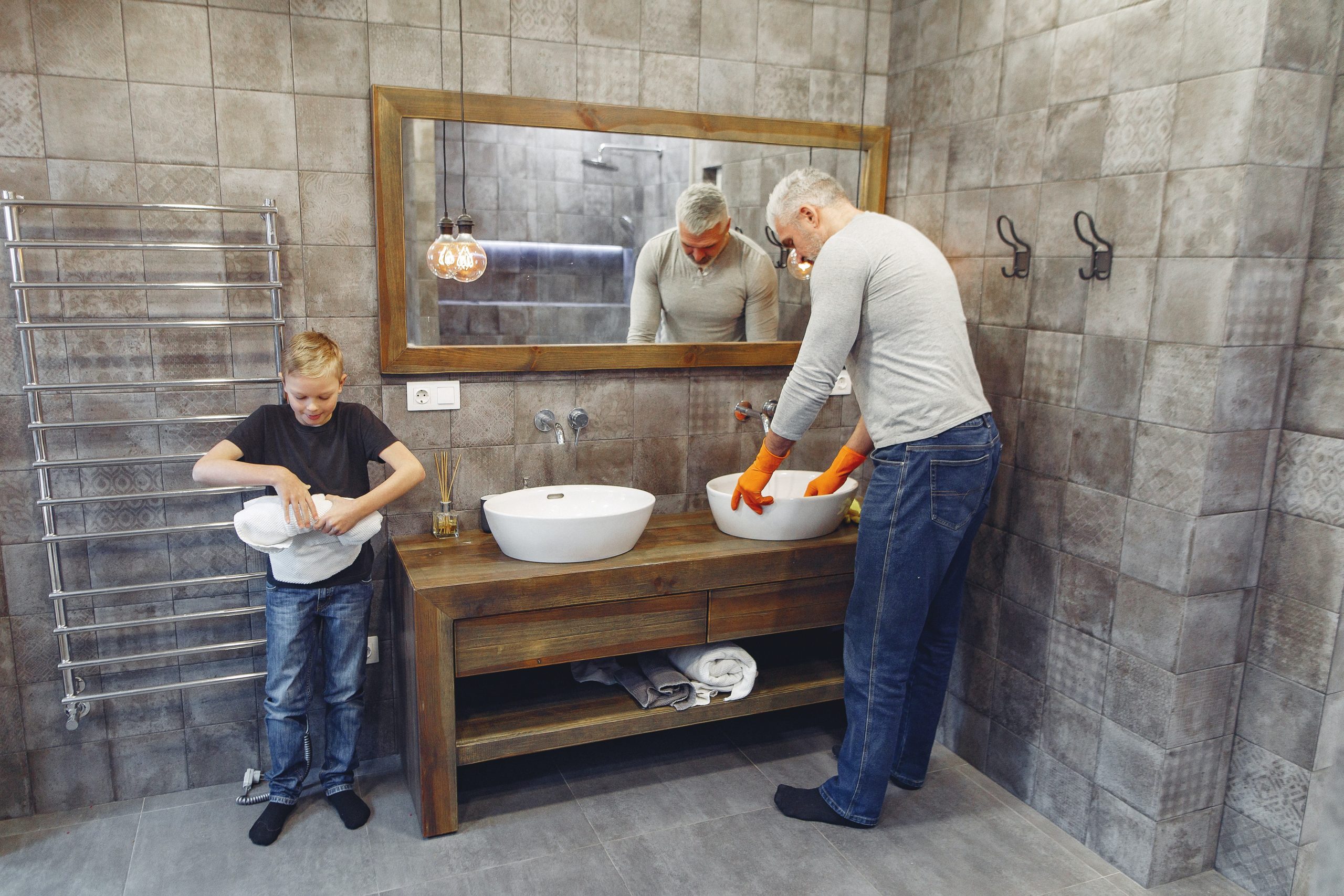Creating a clutter-free environment not only enhances the aesthetic appeal of your space but also contributes to improved mental clarity, productivity, and overall well-being. However, the journey to a clutter-free haven may seem daunting, especially when surrounded by piles of possessions with sentimental value, unused gadgets, or heaps of paperwork. This guide is designed to provide you with insightful, practical tips on how you can transform your cluttered space into a serene, organized haven.
Begin with Small Steps
Rather than attempting to declutter your entire home in one go, start with a single drawer, cupboard, or room. This approach avoids overwhelm and instills a sense of achievement, motivating you to tackle the next area. In addition, from contacting a mattress recycling company in Georgetown to donating clothing, it’s much easier to sort and store items when dealing with a smaller space. Hence, starting with small steps can be a great way to kick off your decluttering journey. Now, of course, a lot will depend on your current situation. For instance, if your home is cluttered to the point where you can’t walk through a single room without bumping into something, it may be best to lay down some ground rules and begin decluttering from the top down.
Adopt the One-In, One-Out Rule
For every new item you bring into your space, ensure that you get rid of something else. This rule helps to maintain a balance and prevent the accumulation of unnecessary items. In addition, you can use the one-in, one-out rule to avoid acquiring items that are similar in nature. For example, instead of buying a new pair of shoes every time you’re feeling overwhelmed or stressed out, opt for donating your unwanted apparel or furniture in exchange for bringing something new into your home.
Use the Four-Box Method
Assign four categories to your items: ‘Keep’, ‘Donate/Sell’, ‘Storage’, and ‘Trash’. This method can streamline the process of deciding what to do with each item. As you go through each room, place items into the appropriate boxes. This makes it easier to organize and store your belongings and eliminates wasted time trying to decide where to put them. In addition, you can also save time by avoiding the temptation to go through each item individually or reminisce about the memories associated with them.
Organize with Storage Solutions
Invest in smart storage solutions like shelves, baskets, or dividers, helping you to organize your items neatly and accessibly. Make sure that you measure your space and select products accordingly. You may also look into the variety of storage items available online for a more convenient shopping experience. If needed, rent a storage unit to keep seasonal items or items that don’t need regular access. In addition, try labeling all containers in order to prevent accidental misplacement of items and make it easier to locate them in the future.
Regular Maintenance
Schedule regular decluttering sessions, e.g., once a month. Consistent maintenance prevents the build-up of clutter and keeps your space in a constant state of order. Moreover, set up a donation box and encourage your family members to place items in it whenever they come across something that they no longer need. This makes it easier for them to get rid of unwanted items without feeling guilty about throwing away sentimental items or possessions with potential value. Furthermore, keep a list or log of the items you donate, which could be especially useful for tax purposes.
Digitize Documents
Minimize paper clutter by scanning important documents and storing them digitally. This eliminates the need for filing cabinets and other physical storage systems. In addition, you can also eliminate digital clutter by unsubscribing from unwanted newsletters or emails, organizing your phone contacts into folders, and replacing desktop icons with a clean background image. Furthermore, you could also create cloud documents to store your financial records. This allows for secure, easy access from any device and eliminates the need for physical documentation.
Embrace Minimalism
Finally, consider embracing a minimalist lifestyle where less is more. This mindset shift can help you make more conscious decisions about what you truly need and love in your space. Minimalism also helps to clear mental clutter, freeing up your mind and energy for more meaningful pursuits. Minimalism is a reflection of your values and preferences, so don’t be afraid to let go of items that no longer bring you joy. Most importantly, it teaches you to appreciate and take care of your possessions, thereby ensuring a clutter-free space for years to come.
Creating a clutter-free environment requires dedication and effort. However, the rewards are great – from improved mental clarity to enhanced productivity and overall well-being. Tackle the task step-by-step with rules like “one in, one out”, use storage solutions to organize your items, and embrace minimalism for a cleaner space and peace of mind. It is also important to note that decluttering can be an emotional process. Although it can sometimes be difficult to part with old possessions or sentimental items, it’s important to realize these items do not define you. Instead of holding onto the past, make use of them and pass them on to something that could provide more use or joy in the future.


